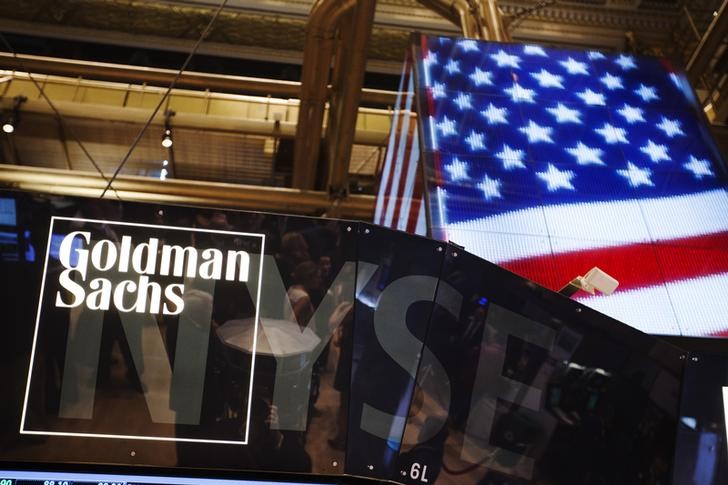(Bloomberg) -- Goldman Sachs Group Inc (NYSE:GS). strategists warn that next year’s contest for the White House may put a cap on a key driver of the Wall Street equity rally: stock buybacks.
“The uncertainty surrounding the outcome of the 2020 U.S. presidential election and its potential implications for policy will likely lead corporate managers to adopt a wait-and-see approach to cash spending,” said Goldman strategists, including Arjun Menon and David Kostin, in a note.
Corporate share buybacks, which Goldman expects to shrink by 2% on a net basis to $470 billion in 2020, have been the bull market’s constant companion, while many active managers chose to remain on the sidelines because of late-cycle concerns about growth. The practice, however, has come under fire from some top Democrats as the party’s presidential candidates campaign for increased corporate responsibility.
By forecasting a reduction in stock repurchases by U.S. companies, Goldman is drawing a parallel to the 2016 election cycle when annual gross buybacks fell by 5%. Democratic Senators Chuck Schumer and Bernie Sanders earlier this year proposed that companies pursuing buybacks be required to take steps such as raising workers’ minimum pay to $15 an hour, improving pensions or offering seven days of paid sick leave.
Politics, of course, isn’t the only reason buybacks are expected to shrink in 2020, with Goldman strategists also citing slower earnings growth and a significant decline in corporate cash balances amid surging debt levels. And stock purchases are already showing a slump this year after the 2018 boom, with Goldman forecasting a year-on-year drop of 20% to $480 billion by the end of 2019.
At the same time, according to Goldman analysts, companies will remain the largest drivers of U.S. equity demand next year, while mutual and pension funds will continue to be net sellers.
